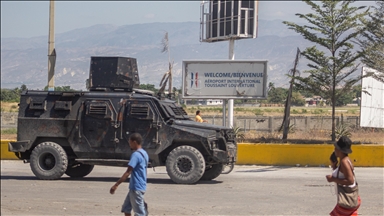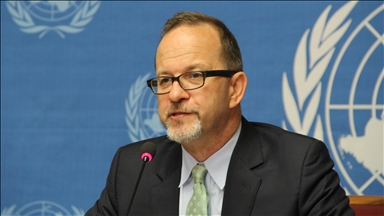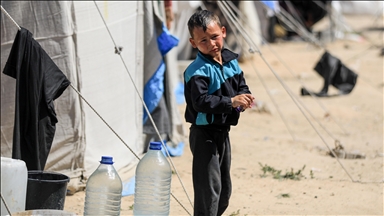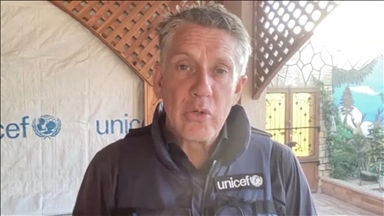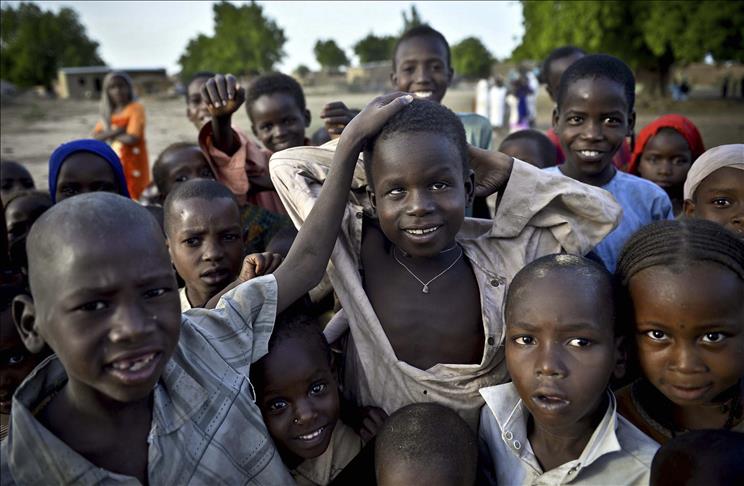
Nearly eight million children live in poverty in Uganda, a UNICEF official revealed on Tuesday.
"As we look to the next 25 years, new ideas and approaches are needed to reach to the close to eight million children in Uganda who still live in poverty and grow up deprived of many essential services and fundamental rights," UNICEF representative Aida Girma said at a symposium on child rights in Kampala.
Uganda has a total population of 34.9 million, according to provisional national census results released this month.
Girma said that UNICEF imagines a Uganda, where all children will have their fundamental rights realized. "A Uganda where no child goes hungry, dies of preventable diseases, has no fear of his or her safety and where no child is denied of her childhood because of child marriage, teenage pregnancy, rape and other harmful traditional practices."
Uganda's First Lady Janet Kataha Museveni said that despite "remarkable progress", there are still gaps.
"We must strive to ensure that children enjoy their childhood," she told the event.
"When children go to school without lunch that means that their education is not empowered because by afternoon they are already sleeping and don’t pay attention to the teachers," she added.
The First Lady called on Ugandan families to feed their children and not to depend on the government to do so.
"We need to as much as possible to stress the fact that the family has a big role to play in the protection, education and in the health of our children," she said.
At the primary education level, more children are going to school with total enrollment of 2.7 million in 1996 to 8.2 million in 2009.
Uganda has made gains on different fronts, including infant mortality rates, which dropped from 106 percent in 1988 to 54 percent in 2011.
The number of underweight children under five has reduced from 23 percent in 2000 to 14 percent in 2011.
Children aged 12-23 months who have received all the basic vaccinations has gone up from 47 percent in 1995 to 52 percent in 2011 while children under the age of five in all households who slept under mosquito treated nets increased from 3.2 percent in 2001 to 43 percent in 2011.
According to UNICEF, stunted children under five years have also reduced from 39 percent in 2000 to 33 percent in 2011.
The proportion of teenagers who have started child bearing at 18 has declined over time from 43 percent in 1995 to 24 percent in 2011.
Opposition MP Kasiano Wadri, for his part, questioned the Ugandan Parliament’s responsibility to appropriate resources to the relevant ministries handling children issues.
"How much do we allocate to the child care protection services, how much do we allocate to the ministries of education, health, gender, labor and social development," Wadri asked.
The legislator also noted that for the last 6years, there has been peace at Uganda.
"I would therefore want to see a situation where at cabinet level, it comes up with wisdom to cut down on the budget of defense. We are not at war," he said.
Wadri went on to cite challenges of making child rights a reality in Uganda being the stagnation in cultural values and beliefs.
"We are still at a fixation stage when it comes to issues such as female genital mutilation," he said.
englishnews@aa.com.tr



